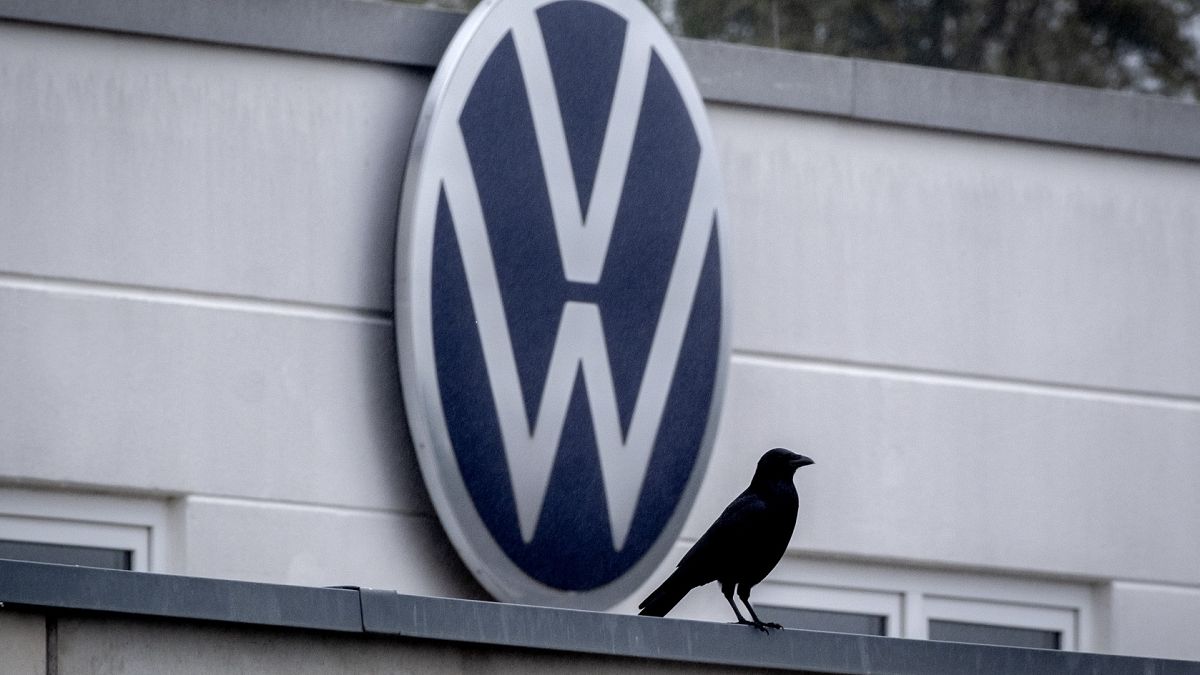The European automotive industry is facing potential job losses as a recent study suggests that 186,000 jobs could be lost over the next decade. This bleak forecast comes as a result of potential tariffs that President-elect Donald Trump has threatened to impose on European products. One of the hardest-hit sectors would be the automotive industry, particularly in Germany. The Association of the German Automotive Industry (VDA) is urging for dialogue to prevent the imposition of new tariffs, as it could lead to a trade conflict between the US and Europe.
The situation in the German automotive industry is already challenging, with Volkswagen announcing the closure of three plants. The industry is also transitioning to electric vehicle production, which could potentially lead to job losses in the future. In addition to the automotive industry, the steel industry is also at risk due to unresolved issues with tariffs imposed by the previous Trump administration. Talks between the US and Europe on steel tariffs have stalled, but there is hope that negotiations can resume under the Biden administration to avoid further economic harm.
The European Steel Association (EUROFER) emphasizes the importance of addressing trade conflicts concerning steel with global arrangements on sustainable steel and aluminum. Axel Egger, the association’s Director General, highlights the need for dialogue with the new US president to reach a resolution that benefits both parties. It is also crucial for President-elect Biden to understand and prioritize climate goals, as the steel and aluminum industries are significant carbon-emitters. By working together, the US and Europe can prevent further economic strain and promote sustainable practices in manufacturing.
The association also stresses the importance of considering both political and economic aspects when addressing trade conflicts. Both Europe and the US are facing geopolitical challenges that necessitate collaboration rather than conflict. It is essential for both parties to understand the potential consequences of trade disputes and work towards finding mutually beneficial solutions. With the automotive and steel industries at risk of job losses and economic instability, it is crucial for policymakers to prioritize dialogue and negotiation to avoid further damage to these critical sectors.
As the US transitions to a new administration, there is hope for renewed dialogue and negotiation to address trade conflicts with Europe. President-elect Biden has the opportunity to prioritize climate goals and sustainable practices in manufacturing, which could benefit both the US and Europe. By working together to find solutions to trade disputes, both parties can prevent potential job losses in the automotive and steel industries. Collaboration and mutual understanding are key to fostering a healthy economic relationship between Europe and the US in the years to come.










